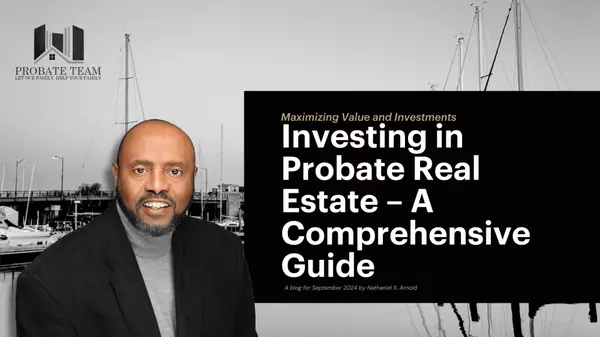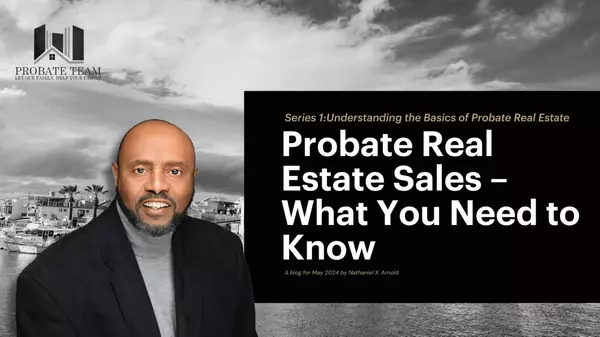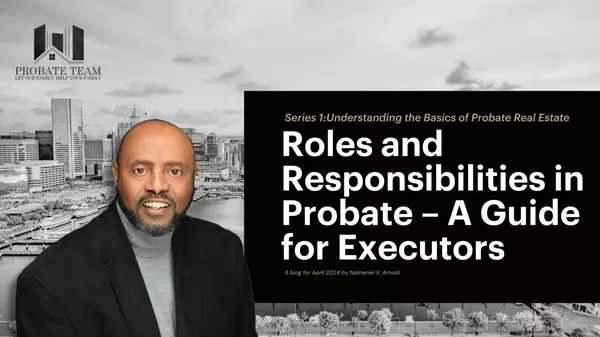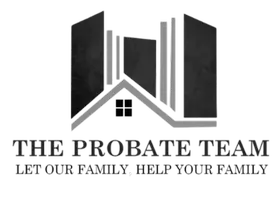MY BLOGS

Investing in Probate Real Estate – A Comprehensive Guide
Exploring Opportunities, Managing Risks, and Maximizing Rewards Greetings once again! As your dedicated Probate Real Estate Broker in Maryland/DC, this month's blog is dedicated to an in-depth exploration of investing in probate real estate. Whether you're a seasoned investor looking for new opportu
Read More

Probate Real Estate Sales – What You Need to Know
Navigating the Sale of Real Estate in Probate Greetings once again! As your dedicated Probate Real Estate Broker in Maryland/DC, we're delving into a crucial aspect of the probate process in this month's blog – the sale of real estate. Whether you're an executor handling the sale or a potential bu
Read More

Roles and Responsibilities in Probate – A Guide for Executors
Roles and Responsibilities in Probate – A Guide for Executors Understanding the Executor's Crucial Role Hello again, and welcome to the second edition of our Probate Real Estate Blog Series! As your dedicated Probate Real Estate Broker in Maryland/DC, I'm here to shed light on the pivotal role of ex
Read More

